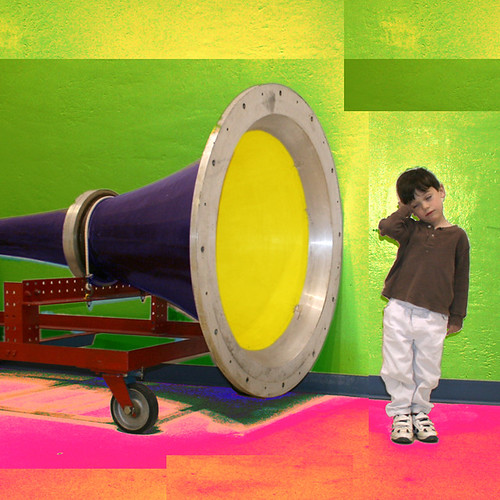One of the most essential equipment for RF testing is the RF signal generator. It allows the generation of RF signals that can be fed into circuits, which enables their operations to be viewed during different signal conditions. Whether you are buying a new generator, or hiring one from a rental company, you need to know the specifications to look out for.
Getting the right RF signal generator will help to ensure that the testing is accurate. There are essential features that are important when choosing a generator, especially if you are planning to use it in the hospital.
While there are many models of RF signal generators, which use different techniques, they can be categorized into two main forms, free running RF signal generators and synthesized radio frequency signal generators. The free running types are not very common today due to their drifting frequency, but they have a cleaner signal and produce a lower level of phase noise. The synthesized generators, on the other hand, produce more noise but they are more accurate and versatile. Frequencies can be entered using a remote control or from a keypad.
1. Frequency range
The frequency range is one of the most important things to look out for when choosing a radio frequency signal generator. You need to consider the tests that will be carried out so that you can find the best frequency coverage. The generator will need to accommodate different requirements and conditions, for different units.

2. Power output
Another essential specification of the signal generator is the power output. Different RF signal generators have different power output levels. You should look for a generator, which gives the maximum power output.
3. Power accuracy
The power accuracy for the generator can be relative and absolute. When carrying out testing it is important to know the output of the generator accurately. The unit being tested will respond differently depending on the level of the signal generator. The sensitive response makes it essential to ensure a high accuracy level.
4. Phase noise

The level of phase noise is an important consideration when choosing signal generators. With the increasing popularity of synthesized signal generators, the subject of phase noise has become an issue. The synthesized signal generators have many benefits including stability, exact frequency selection and accurate programmability, but the phase noise factor can pose challenges including affecting measurements. It is important to consider the noise specifications when choosing a generator.
5. Modulation format
The signal generator will often be used for different tests and it is important to ensure that the signal can be modulated accordingly. This will enable the signal generator to be fully simulated when taking the required tests. Most generators in the market can be modulated in different ways and you should look for those that provide greater flexibility. Make sure that the specifications meet the required comprehensive modulation capabilities.
6. Accuracy
Another important factor when choosing a signal generator is the issue of accuracy. Most of the generators use frequency synthesizers, and the frequency standard within the generator determines the accuracy of the frequency. Different specifications are used to define the frequency standards and they have to be combined correctly for overall accuracy. They include factors like line voltage stability and temperature stability.
7. Calibration interval
For any test equipment to be used effectively, the calibration interval is very important. A good signal generator has to be calibrated to ensure accuracy. This process will often affect the cost effectiveness and most signal generators require annual calibration. If you need to carry out tests that require a higher degree of accuracy, shorter intervals will be necessary.
Before you buy an RF signal generator, you need to find out all the important details or the specifications required. The generators come in many different types with different facilities and capabilities. Many RF signal generators come with different specs and the high performance models can be quite expensive. It is important to know the actual specifications that you require so that you can make the most cost effective investment.
Every radio frequency test laboratory requires a frequency signal generator. They are some of the most important electronic test equipment. They are very useful where it is necessary to supply an RF signal to a circuit that is undergoing testing or one being developed.
Byline
Jayden is an experienced engineer and an avid blogger. He has written several articles on different topics including RF testing. He also educates organizations on how to enhance efficiency in the manufacturing sector.